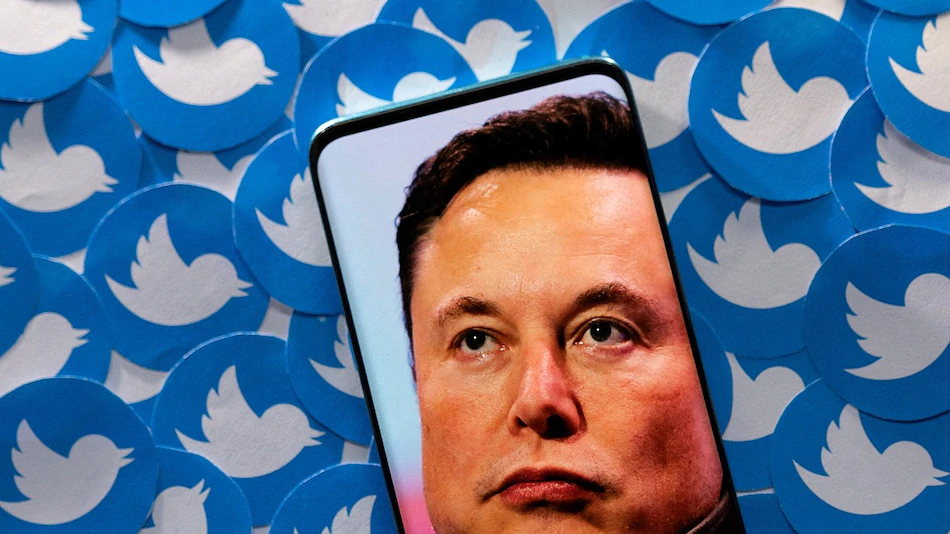Twitter to sue Elon Musk After Pulling out of his $44 Billion Deal

Elon Musk, the CEO of Tesla and the richest man in the world, announced on Friday that he was canceling his $44 billion bid to acquire Twitter because the social media business had broken numerous merger agreement clauses.
Bret Taylor, the chairman of Twitter, said on the microblogging site that the board intended to file a lawsuit to enforce the merger deal.
The Twitter Board is dedicated to completing the transaction under the terms and conditions set forth in the agreement with Mr. Musk, he wrote.
The Twitter Board is committed to closing the transaction on the price and terms agreed upon with Mr. Musk and plans to pursue legal action to enforce the merger agreement. We are confident we will prevail in the Delaware Court of Chancery.
— Bret Taylor (@btaylor) July 8, 2022
Musk’s attorneys said in a document that Twitter has ignored or refused to reply to several requests for information on phony or spam accounts on the site, which is essential to the operation of the company.
According to the complaint, Twitter “appears to have made false and misleading claims upon which Mr. Musk relied when entering into the Merger Agreement” and is in “material breach of multiple sections of that Agreement.”
Musk added that another reason he was leaving Twitter was that the company had violated its responsibility to “preserve substantially intact the material components of its current business organization” by firing high-ranking executives and one-third of the talent acquisition team.
Legal Conflict
Due to Musk’s decision, the 16-year-old San Francisco-based business and the billionaire are expected to engage in a protracted court battle.
Instead of a judge directing a transaction to be completed, contested mergers and acquisitions that are brought before Delaware courts typically result in the corporations renegotiating agreements or the acquirer paying the target a settlement to withdraw. This is due to the fact that the target companies are frequently eager to end the uncertainty around their future and move forward.
According to a person familiar with the situation, Twitter, however, is hoping that court procedures will begin in a few weeks and conclude in a few months.
Renegotiations of deals have happened before. When the COVID-19 pandemic emerged in 2020 and sent a shockwave through the world economy, several firms re-priced previously agreed-upon acquisitions.
A contract with Tiffany & Co. was once threatened by the French retailer LVMH. The US jewelry retailer consented to a $425 million reduction in the transaction price to $15.8 billion.
According to Ann Lipton, associate dean for faculty research at Tulane Law School, “I’d think Twitter is well-positioned legally to argue that it provided him with all the essential information and this is a pretext to looking for any reason to get out of the arrangement.” In extended trading, shares of Twitter were down 6% at $34.58. That is 36% less than the $54.20 per share Musk had agreed to pay to acquire Twitter in April.
After Musk purchased stock in the firm in early April, Twitter’s shares rose, protecting it from a severe stock market sell-off that battered rival social media companies.
But after he decided to purchase Twitter on April 25, the price quickly started to decline as investors worried Musk might back out of the deal. After the bell on Friday, Twitter’s stock price fell to its lowest level since March.
The revelation adds another chapter to the will-he-won’t-he tale that began when Musk agreed to buy Twitter in April but postponed the transaction unless the social media company demonstrated that spam bots make up fewer than 5% of its overall user base.
Musk is required by the contract to pay Twitter $1 billion as a break-up fee if he is unable to close the transaction due to events like the failure of the acquisition finance or opposition from authorities. However, in the event that Musk decides to end the agreement on his own, the break-up fee would not be charged.
On Friday, some workers appeared to be commenting on the divorce by openly posting memes on Twitter, including images of a rollercoaster and a baby yelling into a phone. Many employees have expressed doubt about Musk’s plans to relax content moderation because they are concerned about what the merger will imply for their jobs, salary, and ability to work remotely.
Problems with digital advertising
In a time when concerns about rising interest rates and a potential recession have battered Wall Street, Musk’s decision to back out of the agreement and Twitter’s pledge to fight tenaciously to finish it placed a shadow of doubt over the company’s future and its stock price. Alphabet, Meta Platforms, Snap, and Pinterest, competitors in online advertising, have seen their stock prices fall an average of 45 percent in 2022, whereas Twitter has seen its share price fall just 15 percent during that time, which helped recently by the Musk acquisition.
Wedbush analyst Daniel Ives claimed that Musk’s filing was negative news for Twitter.
“This is a disaster scenario for Twitter and its Board as now the company will battle Musk in an elongated court battle to recoup the deal and/or the breakup fee of $1 billion at a minimum,” he wrote in a note to clients.







